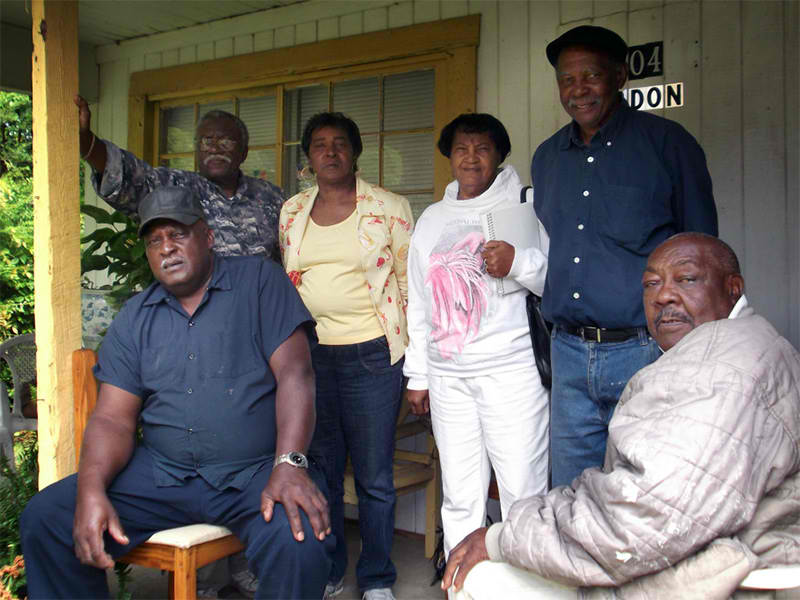Residents Get Justice from City of Rochelle, Georgia
Victory
—A group of citizens who have endured raw sewage bubbling up into their homes and yards from city pipes for decades reached a settlement this week with their city government in Rochelle, Ga. The old, leaky city sewer pipes will be replaced. Eight African-American residents, represented by Earthjustice, sued last summer under the federal Clean…
Contact
A group of citizens who have endured raw sewage bubbling up into their homes and yards from city pipes for decades reached a settlement this week with their city government in Rochelle, Ga. The old, leaky city sewer pipes will be replaced.
Eight African-American residents, represented by Earthjustice, sued last summer under the federal Clean Water Act. The city has let critically needed repairs lag on the side of town that is over 99 percent African American, while the city has repaired problems and upgraded sewage infrastructure on the side of town that is over 99 percent white. The City has now agreed to settle the case and install a new network of pipes and pumps to fix this long-running health and environmental threat. The upgrades will largely be paid for by state funds.
“I’m feeling great about this,” said John Jackson, a resident who has had sewage flow into his yard and house when it rains. “You can’t even find words to describe how bad the situation has been. We know it’s going to take a while to put the new pipes in, but after a while we won’t have to put up with this anymore.”
“The City kept putting it off and putting it off,” Jackson said.
The city’s sewage conveyance pipes date back to the 1940s. Sewage backs up in underground pipes during heavy rains, making it flow up into the residents’ homes through bathtub and shower drains. To keep the sewage out of their houses during heavy rains, residents remove plugs from sewage pipes or craft other strategies on their own to make the sewage pour into their yards instead of their houses.
The residents have to shovel and bury fecal matter, toilet paper and other noxious debris left in their yards after sewage overflows, which have taken place three or four times a year for decades. Churchgoers came to worship one Easter morning and found raw sewage all over the floor. Sewage also overflows from manholes and broken pipes into a ditch along the north side of Rochelle and out into Mill Creek, which eventually flows to the Suwannee River.
“We’re happy the City is now doing the right thing,” said Ms. Sittie Butts, a retired U.S. Postal Service worker who lives in the neighborhood with her 91-year-old mother. “We look forward to getting the new system in place so we don’t have to deal with raw sewage in our yards and houses anymore.”
“This is exactly how the Clean Water Act is supposed to work: When the government fails, ordinary citizens can go to court to enforce the law,” said Earthjustice attorney Alisa Coe, who represented the citizens in this Clean Water Act case.
The sewage from manholes and broken pipes flows into the streets and to the ditch along the north side of town, which discharges to Mill Creek. This is a clear violation of the Clean Water Act and the city’s permit. Once a favored fishing stream used by people in the neighborhood, Mill Creek is now so foul it is no longer used at all.
The U.S. Environmental Protection Agency now has 45 days to approve or modify the settlement forged between the residents and the City of Rochelle. It also will go before a federal judge in United States District Court, Middle District of Georgia, for final approval.

Additional Resources
About Earthjustice
Earthjustice is the premier nonprofit environmental law organization. We wield the power of law and the strength of partnership to protect people's health, to preserve magnificent places and wildlife, to advance clean energy, and to combat climate change. We are here because the earth needs a good lawyer.